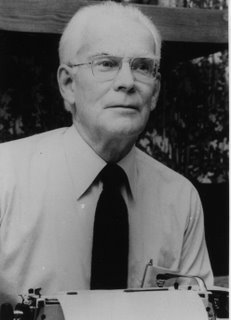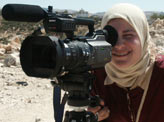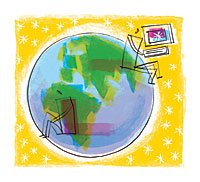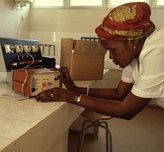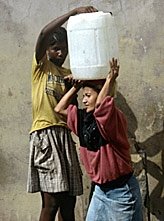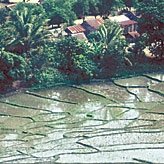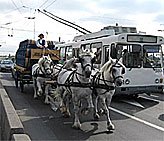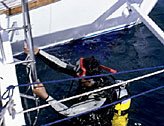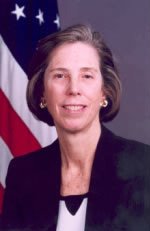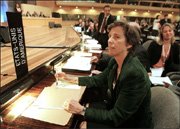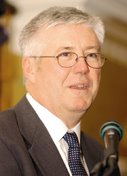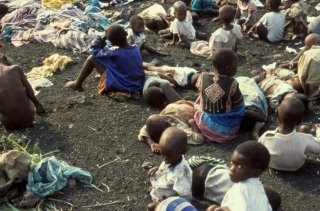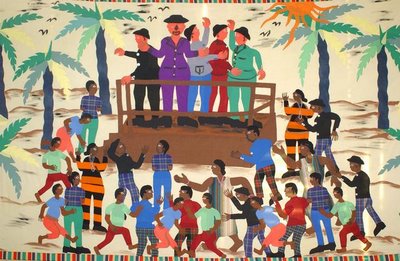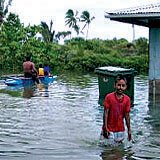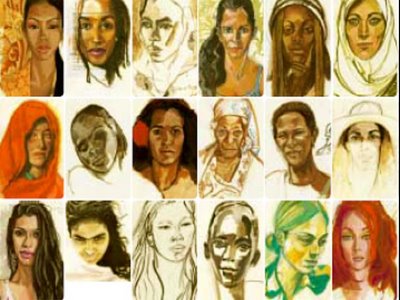 Editors: Ingeborg Breines and Hans d’Orville, UNESCO, 2006.This book
Editors: Ingeborg Breines and Hans d’Orville, UNESCO, 2006.This book presents the voices of 60 eminent women who have made, and in many cases are still making, significant contributions to UNESCO’s action. Their voices represent the views and aspirations of many other women – in national governments, the UNESCO Secretariat, National Commissions for UNESCO, universities, schools, libraries, museums, research and educational institutions, the media and communities – who struggle on a daily basis to keep the ideals of UNESCO alive.
The full participation of women in social, cultural and economic development, and in democratic processes at all levels, is a moral imperative, a matter of human rights and justice, and a political exigency of the highest order.
Koïchiro Matsuura
Director-General of UNESCO
The book includes excerpts from a speech made by Alva Myrdal, first director of the UNESCO Social and Human Sciences Sector and later Nobel Peace Prize Laureate, on the occasion of UNESCO’s 25th anniversary. It also reflects and commemorates many other distinguished women, who have been associated with UNESCO, in different capacities, including:
• Indira Gandhi, Member of the Executive Board, and Prime Minister of India (1966-77);
• Maria de Lourdes Pintasilgo, Member of the Executive Board, and Prime Minister of Portugal (1979-80);
• Sophie N’Kanza, fi rst women Assistant Director-General for Social and Human Sciences in UNESCO and Minister of Social Affairs from the Democratic Republic of the Congo;
• Gabriela Mistral, Nobel Literature Prize Laureate (1945), Chile; involved with the International Committee of Intellectual Cooperation, predecessor of UNESCO in the League of Nations;
• Jeanne Hersch, first director of UNESCO’s Philosophy Section and renowned Swiss philosopher;
• Maria Montessori, Member of the Board of the UNESCO Institute for Education in Hamburg and renowned Italian educationalist.
Ellen Johnson-Sirleaf, President of Liberia (the first democratically elected African woman president) spoke at UNESCO on the occasion of the International Women’s Day (8 March 2006). She considered the progress made by women, but noted:
These gains notwithstanding, women, in many parts of the world, have remained virtually excluded from the mainstream of decision making, while at the same time their tireless efforts to gain access to resources and opportunities continue to be undermined by the reluctance of their societies to show a demonstrated commitment
towards the goal of equality. … Women leaders will be expected to demonstrate at all times a willingness to break with the past, a commitment to serve and a determination to never relent in pursuing truth, justice, good governance and the rule of law.
Emily Vargas-Baron just wrote me, about this book:
This is a remarkable book! I just read the chapters written by women from Colombia, the US, and the Kyrgyz Republic (I recommend the latter especially for a window on UNESCO and the Soviet transition strains in Central Asia). Incredible stories and I have just begun... I would like to get a hard copy of this book. It is unblushingly supportive of UNESCO and its programs but as it does so, it reveals the roles of UNESCO, both current and potential, as well as the terrible strains in our world and the importance of women's eyes and action.









